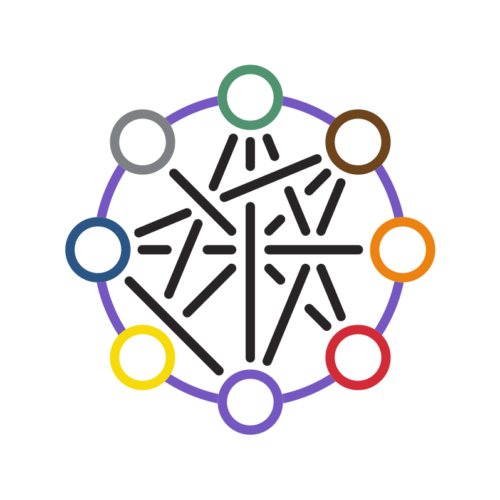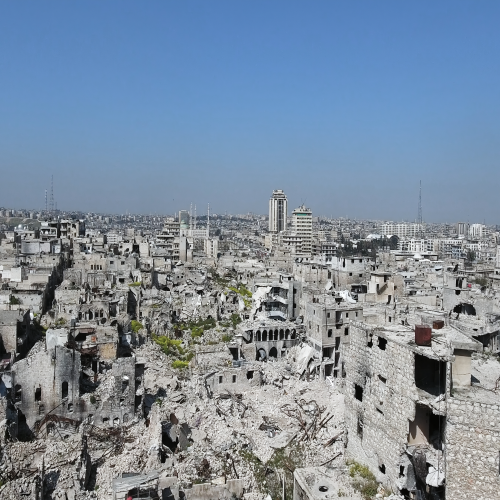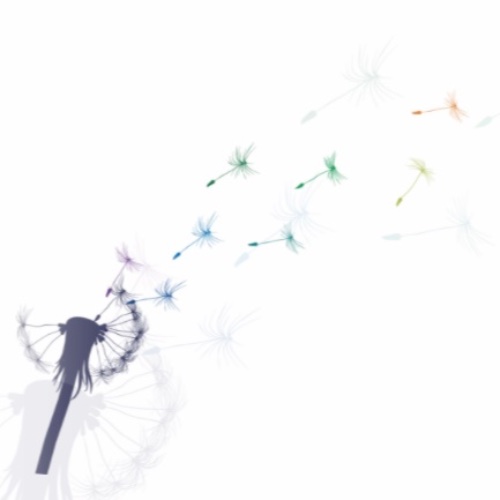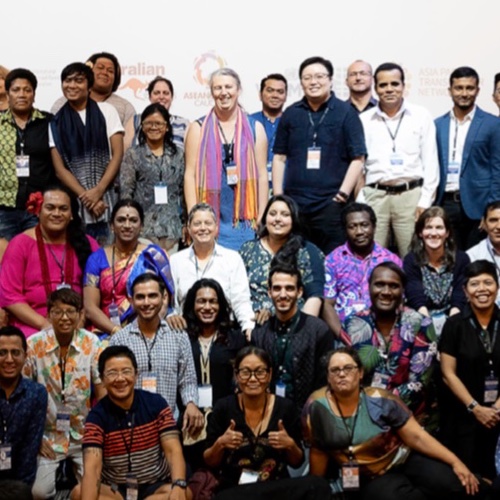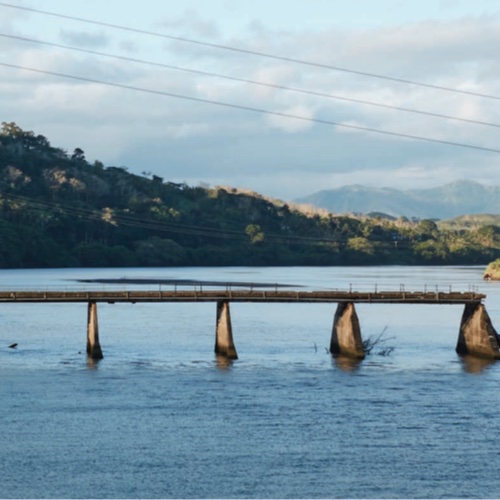Welcome to the 42 Degrees Library Beginner’s Guide for Diverse SOGIESC Inclusion
Including people with diverse sexual orientations, gender identities and expressions, and sex characteristics (SOGIESC) in humanitarian and development work is vital. The existing humanitarian system and development sector is built upon assumptions about sexuality and gender–assumptions that aren’t always true. This means people with diverse SOGIESC are often left out of humanitarian interventions and development programming. If you’re interested in learning more, please check out the resources in this Beginner’s Guide. These resources have been designed and selected to enable you to better understand why inclusion is so important–and how you can make it happen.
About Us
42 Degrees is a project of Edge Effect, including this Library of resources, and two upcoming services: a community of practice and online training. Why are we doing this? Who is behind it? Why is it called 42 Degrees? Well, it’s been quite the journey and we’re excited to share our story with you. All that and more is here, including ways you can get in contact.
42 Degress Glossary and Lexicon
What does SOGIESC mean? When should I use LGBTIQ+? What, exactly, is heteronormativity? If you’ve come up against these questions–or others like them–our Lexicon and Glossary is a great place to start. The terminology and acronyms might seem intimidating but we promise that once you get to know them, you’ll understand why it’s so important that we use inclusive language. The Glossary and Lexicon is an excellent starting place for all 42 Degrees Library users.
Why diverse SOGEISC inclusion matters
This analysis by Edge Effect Co-Founder and Co-Director Emily Dwyer is a critical entry-point for humanitarian practitioners. It articulates why people with diverse SOGIESC have specific needs in humanitarian settings, and why addressing these needs is consistent with a principled needs-based approach, and with the rights of people with diverse SOGIESC as affirmed by the Human Rights Council. ‘Why Diverse SOGIESC Inclusion Matters’ is a foundational part of the 42Degrees Library.
Yogyakarta Principles +10
People with diverse sexual orientation, gender identities and expressions, and sex characteristics (SOGIESC) are not explicitly included in key international human rights frameworks, treaties or covenants. The Yogyakarta Principles were created in 2007 (and revised in 2017 as YP+10) by international jurists and human rights experts. They provide a guide as to how existing human rights obligations apply regarding people with diverse SOGIESC, including a range of fundamental economic, social and cultural rights within the domain of development and humanitarian action.
PitHS Consultation Report
In Bangkok in June 2018 diverse SOGIESC CSO representatives met with representatives of humanitarian organisations in a ground-breaking meeting: Pride in the Humanitarian System (PitHS). The report provides insight into a) the humanitarian context in Asia and the Pacific within which inclusion measures are needed, b) stories of exclusion and strength that were shared by diverse SOGIESC CSO representatives, c) barriers and opportunities, and d) recommendations in a range of thematic areas. This is a key resource and inspiration.
Down By the River
Chances are, if you’ve heard of Edge Effect, you’ve heard of ‘Down By The River’, a narrative research exploration of experiences of Fijian sexual and gender minorities. The stories focus on the impact of Tropical Cyclone Winston (2016), but also include life experiences leading up to TC Winston, that impacted the options available in relief and recovery. While Fiji-focused, the stories, discussion and recommendations have regional and global relevance for researchers, policy-makers and practitioners alike.
Stay on-top of the latest projects from 42 Degrees Library, including our newsletter, upcoming online trainings, and our community of practice!





